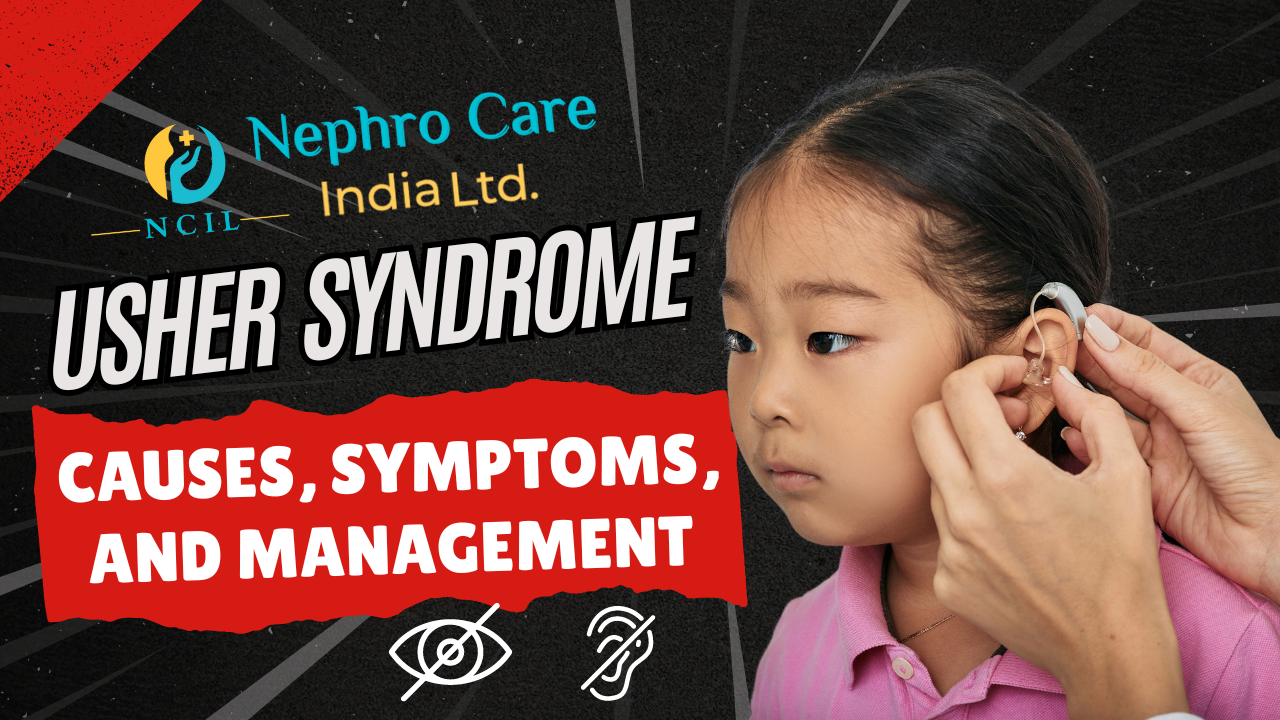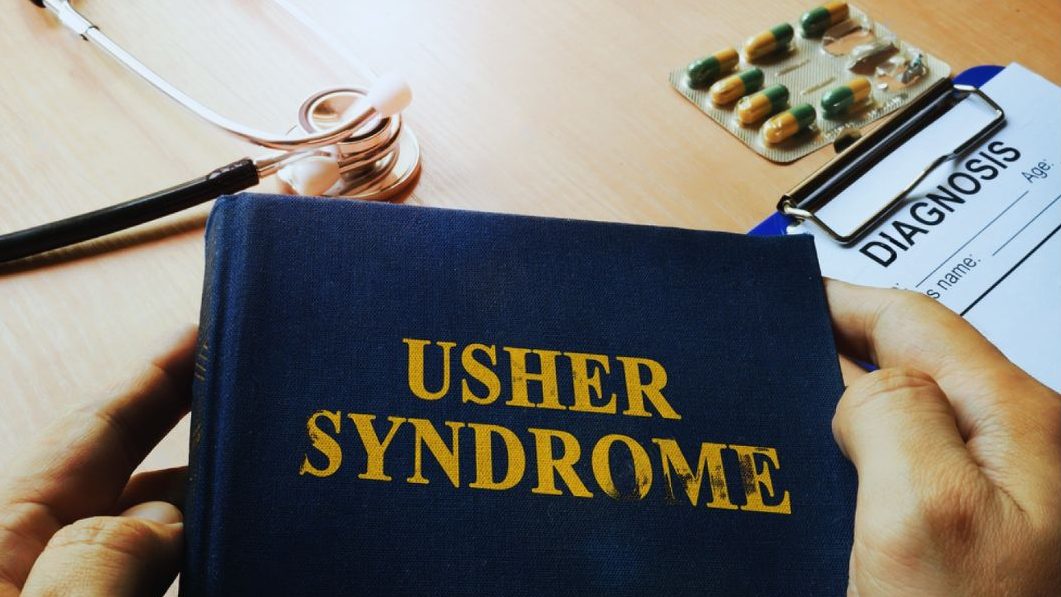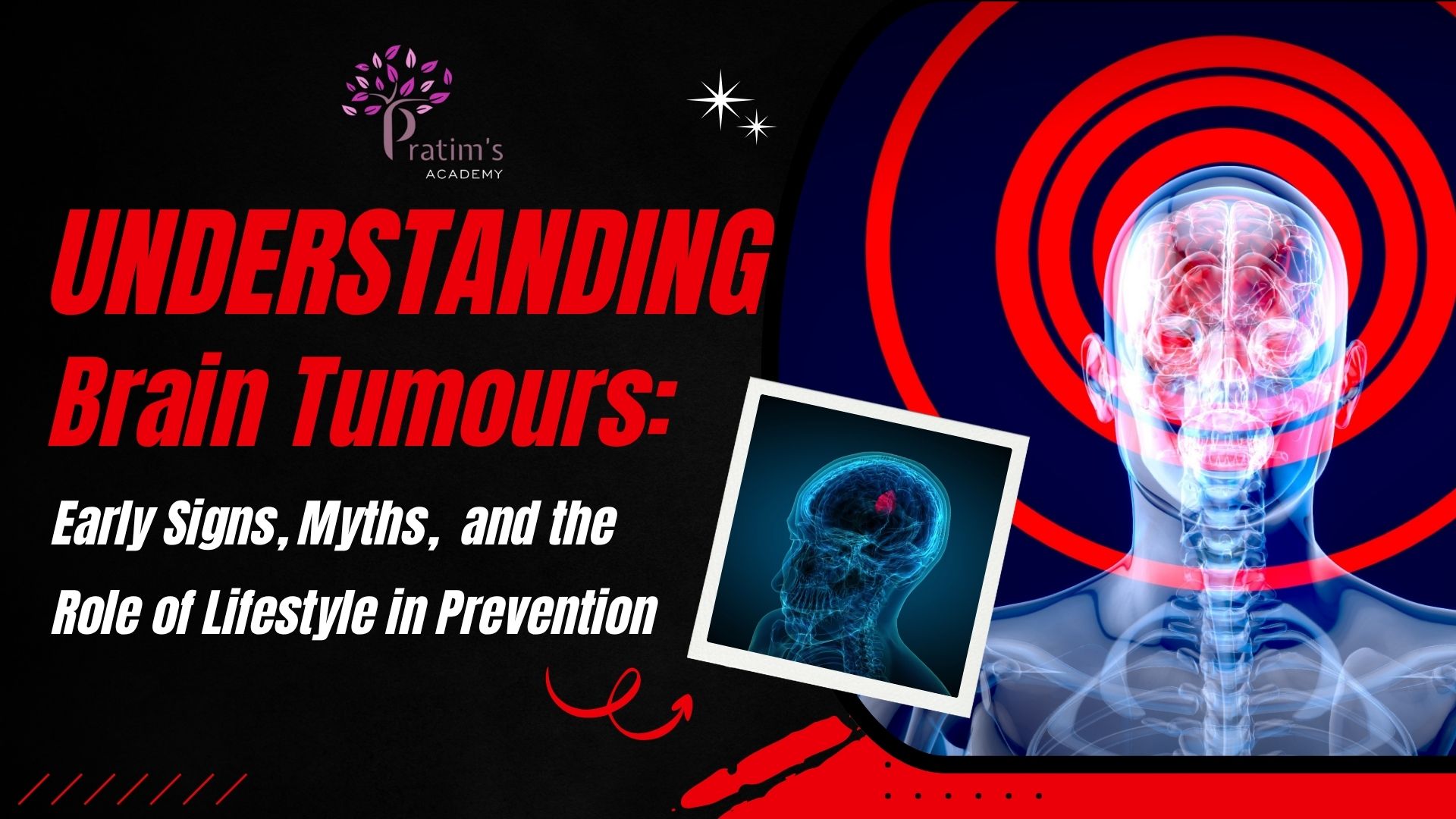
- 423
- 0
Usher Syndrome: Causes, Symptoms, and Management
Usher Syndrome is a rare inherited disorder that impacts hearing and vision, creating significant challenges for those affected. An American ophthalmologist, Charles Usher first documented the condition in the early 1900s. It is classified as an autosomal recessive disorder, meaning an individual must receive two copies of the mutated gene—one from each parent—for the syndrome to develop. This discussion explores the key aspects of Usher Syndrome, including its underlying causes, symptoms, and available treatment options.
What is Usher Syndrome?

A combination of hearing loss and progressive vision loss due to retinitis pigmentosa (RP) characterizes Usher Syndrome. Retinitis pigmentosa is a progressive eye condition that causes the slow deterioration of photoreceptor cells in the retina, impairing both night vision and peripheral vision. Over time, this can result in tunnel vision or complete blindness. Additionally, individuals with Usher Syndrome often experience balance issues due to a malfunctioning vestibular system, which helps regulate spatial orientation and balance.
Causes of Usher Syndrome
Usher Syndrome results from mutations in certain genes essential for the proper functioning of both hearing and vision. The condition is classified into three primary types, each linked to distinct genetic mutations.
- Type 1 Usher Syndrome: Severe to profound congenital hearing loss and progressive vision loss, starting in early childhood, typically associated with this type. Common gene mutations include MYO7A, USH1C, and CDH23.
- Type 2 Usher Syndrome: Individuals with this type usually have moderate to severe hearing loss present at birth and experience vision loss that begins in adolescence or early adulthood. The most commonly affected gene is USH2A.
- Type 3 Usher Syndrome: Progressive hearing loss and vision loss, which typically start in late adolescence or early adulthood, characterize this type. The gene most commonly associated with Type 3 is CLRN1.
Symptoms and Diagnosis

The symptoms of Usher Syndrome differ based on the type and severity but typically include the following:
- Hearing Impairment: This can range from mild to severe, leading to difficulties in understanding speech and environmental noises.
- Vision Impairment: Common symptoms include night blindness and the gradual loss of peripheral vision. Over time, central vision may also be affected.
- Balance Problems: Some individuals may experience instability or have trouble with spatial awareness.
Usher Syndrome is diagnosed through a series of clinical evaluations, including hearing tests and genetic analysis. A detailed eye examination, such as electroretinography (ERG), is used to assess retinal function. Genetic testing can identify mutations linked to the syndrome, confirming the diagnosis.
Management and Support
While there is no cure for Usher Syndrome, several strategies can help manage the symptoms and improve quality of life:

- Hearing Aids and Cochlear Implants: These devices can enhance hearing and communication, although they do not address the vision loss associated with Usher Syndrome.
- Orientation and Mobility Training: Specialized training can help individuals adapt to vision loss, improving their ability to navigate their environment safely.
- Low Vision Aids: Devices such as magnifiers and electronic reading aids can assist with tasks that require detailed vision.
To learn more about low vision aids, please read the blog below. 👇
- Support Services: Counseling, support groups, and educational resources can provide emotional support. They also offer practical advice for individuals and families affected by Usher Syndrome.
Conclusion
Usher Syndrome poses significant challenges due to its dual impact on hearing and vision. However, with appropriate interventions and support, individuals with this syndrome can lead fulfilling lives. Raising awareness about the condition, supporting research efforts, and fostering inclusive communities are essential to improving the lives of those affected. Through continued advancements in medical research and technology, there is hope for better management and, potentially, future breakthroughs in treatment.
References:
- https://www.ncbi.nlm.nih.gov/books/NBK1265/
- https://www.ncbi.nlm.nih.gov/books/NBK1341/#:~:text=Usher%20syndrome%20type%20II%20(USH2)%20is%20characterized%20by%20moderate%2D,%2C%20Magliulo%20et%20al%202017%5D.
- https://www.nidcd.nih.gov/health/
Comment
Check Your EGFR
***We Promise, no spam!








